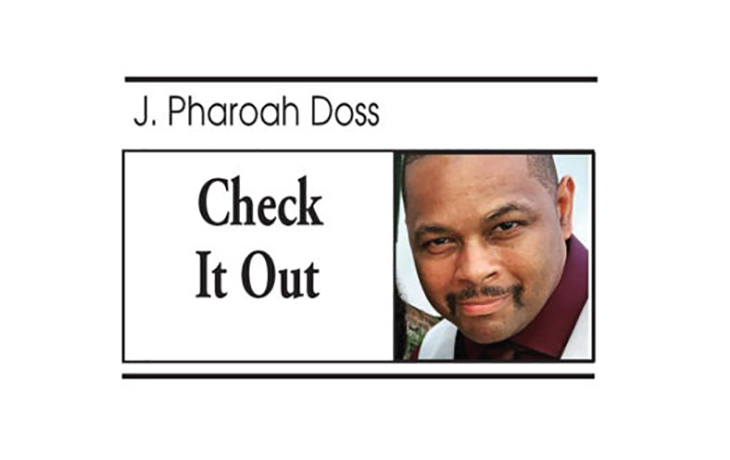on
by J. Pharoah Doss
According to ancient wisdom texts, a wise person leaves an inheritance to their children’s children. In the macro, a wise people leave a cultural inheritance for generations to come.
A cultural inheritance is vast, but at its core are ideas and beliefs.
After times change, a new generation appears that is the first of its kind. Certain notions that were maintained for generations no longer apply. When nonessential concepts are passed down to this generation, they inherit a burden, not a benefit.
During his presidential campaign in 2007, Barack Obama alluded to this situation.
Obama described the Moses generation and the Joshua generation at a Black church. Moses led the people out of slavery, while Joshua led them into the promised land. Obama told the congregation that the Moses generation had taken Black America 90 percent of the way. Now the question is: what is the Joshua generation expected to accomplish in the promised land?
Obama became the country’s first Black president. His historic victory made Americans ponder if racism was still the most significant impediment to Black advancement in the United States.
Two camps emerged, each with opposing beliefs to pass down to the next generation. Racism, according to Camp One, still exists, but it is no longer the oppressive force it once was. Camp Two thinks that racism is a permanent condition in the United States and that Black progress is dependent on preferential treatment.
The belief of Camp One corresponds to the reality of the twenty-first century, while the belief of Camp Two is the byproduct of fear passed down from the Jim Crow era.

Every Black child born in 2000 had reached adulthood by 2018. This is the first generation of its kind. The first generation of Black adults with no “lived experience” in the twentieth century. The majority of their understanding of racism will be passed down rather than gained firsthand.
Which camp did this generation get its perspective from? Unfortunately, camp two has more influence, but their rhetoric is more suited to the twentieth century than the twenty-first.
For instance, after Senator Tim Scott, a Black Republican, announced he was running for president, the hosts at The View lambasted him for his misguided views.
In 2021, Scott delivered the Republican response to President Biden’s speech to the joint session of Congress. Scott said, “A hundred years ago, kids in classrooms were taught the color of their skin was their most important characteristic. And if they looked a certain way, they were inferior. Today, kids are being taught that the color of their skin defines them again. And if you look a certain way, they’re oppressors. From colleges to corporations to our culture, people are making money and gaining power by pretending we haven’t made any progress at all. By doubling down on the division we’ve worked so hard to heal, you know this stuff is wrong. Hear me clearly: America is not a racist country.”
The View’s Sunny Hostin complained that Tim Scott thinks that because he made it, everyone can make it, but he ignores the fact that he is the exception, not the rule. For Hostin, Kamala Harris and Ketanji Brown Jackson are the rule because Biden’s preferential treatment made Harris Vice President and Jackson a Supreme Court Justice.
Whoopi Goldberg confessed that, as a senator, Scott got legislation passed that was beneficial to African Americans. Then she said that if he’s running for president, he has to do more than that. He has to represent us as a nation and then say, as a Black man, this is how I feel about the racism in the Republican Party.
Then honorary Black spokesperson Joy Behar said Scott is one of those Black Republicans who believes in “pulling yourself up by your own bootstraps” rather than understanding the systemic racism African Americans face in America. Scott doesn’t get it, and that’s why he’s a Republican.
Scott most likely doesn’t get it, and it has nothing to do with being a Republican.
Why would he get those who promote and pass along Jim Crow fears that have no basis in the twenty-first century?
Join our email list to stay connected.






